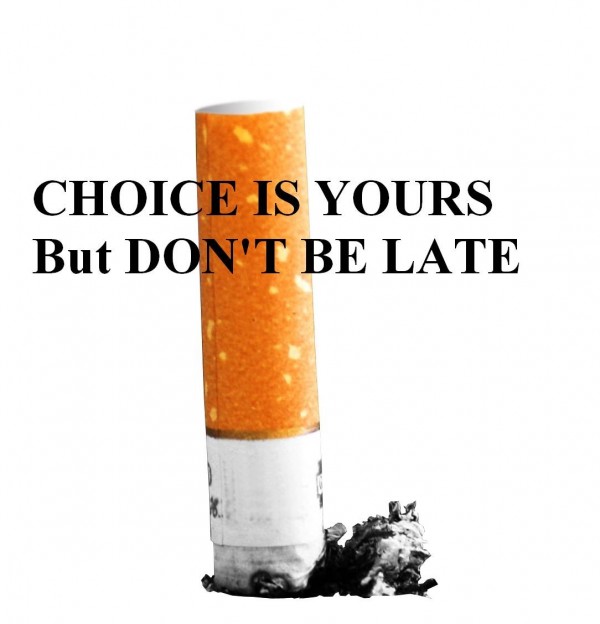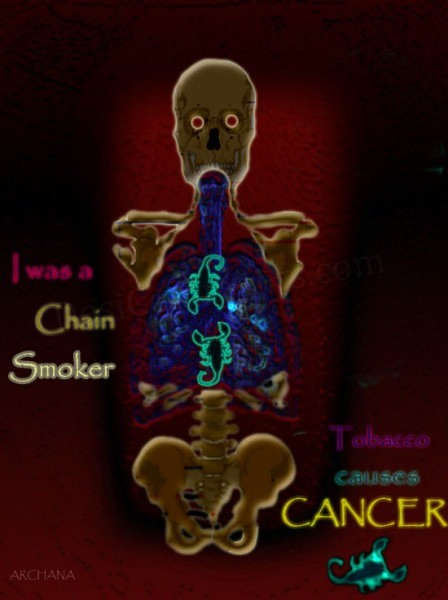Here is a list of Health Blogs ordered by Last Commented, posted by members. A Blog is a journal you may enter about your life, thoughts, interesting experiences, or lessons you've learned. Post an opinion, impart words of wisdom, or talk about something interesting in your day. Update your blog on a regular basis, or just whenever you have something to say. Creating a blog is a good way to share something of yourself with others. Reading blogs is a good way to learn more about others. Click here to post a blog.
Mental health
Vitamin B17 (Laetrile)
DO NOT EAT THOSE BABY CARROTS IN BAGS, EVER!
Did You Know?: The small cocktail (baby) carrots you buy in plastic bags are made using the larger crooked or deformed carrots which are put through a machine which cuts and shapes them into cocktail carrots.
Once the carrots are cut and shaped into cocktail carrots, they are dipped in a solution of water and chlorine in order to preserve them. This is the very same chlorine used in pools. Since they do not have their skin or natural protective covering, they give them a pretty hefty dose. You will notice that once you keep these carrots in your refrigerator for a few days, a white coating will form on them. This is the chlorine resurfacing. Chlorine is a very well-known carcinogen, which causes cancer. Stick with carrots the way they grow in nature. They are a little more work to slice, but it’s worth it to avoid dosing yourself with chemicals.

You are not alone
 online today!
online today!
Mental "health" medications....
 online today!
online today!
A good Sh.t.

Is loneliness a health epidemic?
Is Loneliness a Health Epidemic?
By Eric Klinenberg
Feb. 9, 2018
Last month, Britain appointed its first “minister for loneliness,” who is charged with tackling what Prime Minister Theresa May called the “sad reality of modern life.”
Public-health leaders immediately praised the idea — and for good reason. In recent decades, researchers have discovered that loneliness left untreated is not just psychically painful; it also can have serious medical consequences. Rigorous epidemiological studies have linked loneliness and social isolation to heart disease, cancer, depression, diabetes and suicide. Vivek Murthy, the former United States surgeon general, has written that loneliness and social isolation are “associated with a reduction in life span similar to that caused by smoking 15 cigarettes a day and even greater than that associated with obesity.”
But is loneliness, as many political officials and pundits are warning, a growing “health epidemic”?
I don’t believe so, nor do I believe it helps anyone to describe it that way. Social disconnection is a serious matter, yet if we whip up a panic over its prevalence and impact, we’re less likely to deal with it properly.
Anxiety about loneliness is a common feature of modern societies. Today, two major causes of loneliness seem possible. One is that societies throughout the world have embraced a culture of individualism. More people are living alone, and aging alone, than ever. Neoliberal social policies have turned workers into precarious free agents, and when jobs disappear, things fall apart fast. Labor unions, civic associations, neighborhood organizations, religious groups and other traditional sources of social solidarity are in steady decline. Increasingly, we all feel that we’re on our own.
The other possible cause is the rise of communications technology, including smartphones, social media and the internet. A decade ago, companies like Facebook, Apple and Google pledged that their products would help create meaningful relationships and communities. Instead, we’ve used the media system to deepen existing divisions, at both the individual and group levels. We may have thousands of “friends” and “followers” on Facebook and Instagram, but when it comes to human relationships, it turns out there’s no substitute for building them the old-fashioned way, in person.
In light of these two trends, it’s easy to believe we’re experiencing an “epidemic” of loneliness and isolation. Surprisingly, though, the best data do not actually show drastic spikes in either loneliness or social isolation.
The main evidence for rising isolation comes from a widely reported sociology journal article claiming that in 2004, one in four Americans had no one in their life they felt they could confide in, compared with one in 10 during the 1980s. But that study turned out to be based on faulty data, and other research shows that the portion of Americans without a confidant is about the same as it has long been. Although one of the authors has distanced himself from the paper(saying, “I no longer think it’s reliable”), scholars, journalists and policymakers continue to cite it.
The other data on loneliness are complicated and often contradictory, in part because there are so many different ways of measuring the phenomenon. But it’s clear that the loneliness statistics cited by those who say we have an epidemic are outliers. For example, one set of statistics comes from a study that counted as lonely people who said they felt “left out” or “isolated,” or “lacked companionship” — even just “some of the time.” That’s an exceedingly low bar, and surely not one we’d want doctors or policymakers to use in their work.
One reason we need to be careful about how we measure and respond to loneliness is that, as the University of Chicago psychologist John Cacioppo argues, an occasional and transitory feeling of loneliness can be healthy and productive.
A Blog is a journal you may enter about your life, your thoughts, interesting experiences, or lessons you have learned. It's your own page on Connecting Singles that you can update on a regular basis, or just whenever you have something to say. You can write about an opinion, impart words of wisdom, or talk about something interesting in your day. Creating a blog is a good way to share something of yourself with Connecting Singles members. Reading blogs is a good way to learn more about members you have met here. Please be sure to read the blog rules before posting.
Would YOU like to post a blog on Connecting Singles? Have you written blogs that you'd like to share with other members? Posting your blogs shows your skill and creativity and helps members get to know you better. Your blog will appear on the Connecting Singles Blogs page and also in a link on your profile page. Click here to post a blog »



